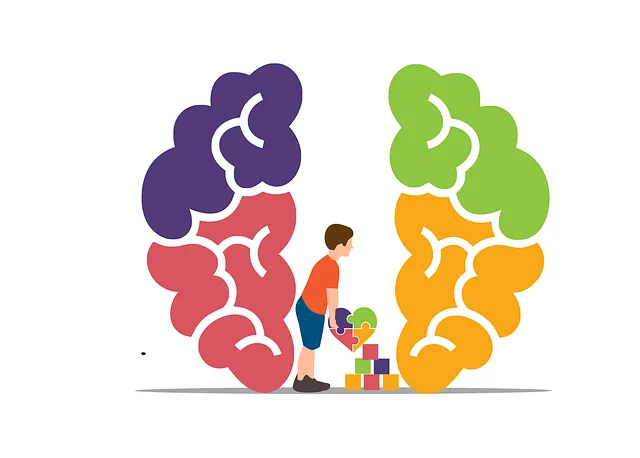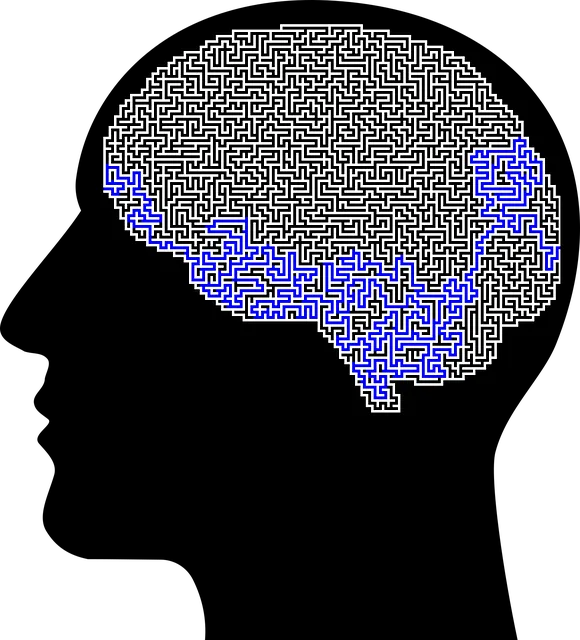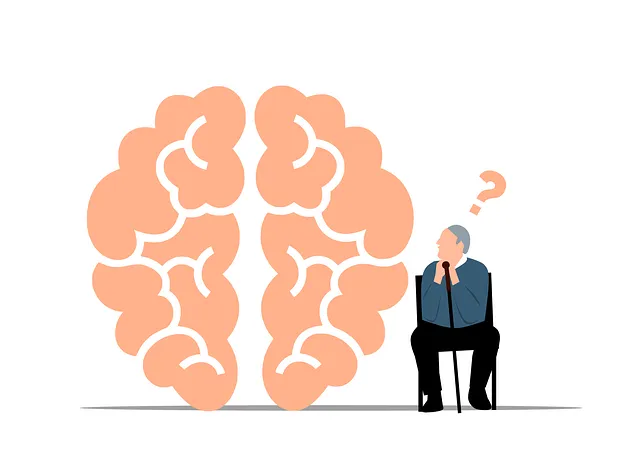Kaiser Permanente's Mental Health Centennial initiative focuses on the holistic improvement of mental wellness through Social Skills Training, a powerful tool that empowers individuals with effective communication and relationship-building strategies. By addressing social aspects alongside clinical care, this program challenges stigma, fosters supportive communities, and enhances resilience in navigating mental health journeys. Through tailored workshops, podcasts, group discussions, mindfulness exercises, and cultural competency training, Kaiser Permanente creates comprehensive support networks for improved mental health outcomes.
Social skills training is a powerful tool for managing mental health conditions, addressing a crucial aspect of recovery often overlooked. This article explores the intricate link between social interactions and mental well-being, highlighting the significant role that organizations like Kaiser Permanente Mental Health Centennial play in providing specialized training. We’ll delve into practical strategies to enhance social skills, offering insights into effective approaches that can transform lives and foster healthier connections.
- Understanding the Link Between Social Skills and Mental Health
- The Role of Kaiser Permanente Mental Health Centennial in Training
- Practical Strategies for Effective Social Skills Training
Understanding the Link Between Social Skills and Mental Health

In today’s world, where mental health awareness is on the rise, understanding the intricate relationship between social skills and psychological well-being is more crucial than ever. Kaiser Permanente Mental Health Centennial initiatives often highlight that while managing symptoms and seeking professional treatment are vital, fostering strong social connections can significantly contribute to recovery and overall mental wellness. Social Skills Training, as a specialized approach, focuses on empowering individuals with the abilities to interact, communicate, and build relationships effectively.
The Public Awareness Campaigns Development and Mental Wellness Podcast Series Production have played pivotal roles in broadening discussions around this topic. These platforms facilitate conversations that challenge stigma, promote understanding, and encourage support networks for those facing mental health conditions. By recognizing the power of social interaction as a tool for healing, individuals can navigate their journeys with enhanced resilience and improved quality of life.
The Role of Kaiser Permanente Mental Health Centennial in Training

Kaiser Permanente Mental Health Centennial plays a pivotal role in fostering mental wellness through innovative training programs. This initiative focuses on empowering individuals with essential social skills, targeting those living with various mental health conditions. By offering tailored workshops and resources, they bridge the gap between clinical care and community support.
The program’s unique approach includes the Mental Wellness Podcast Series Production, which provides a creative outlet for sharing personal stories and expert insights. Additionally, their emphasis on Mental Health Policy Analysis and Advocacy ensures that the latest research translates into practical strategies for improving mental health services. They also incorporate Self-Awareness Exercises to help individuals navigate social interactions with increased confidence and self-acceptance.
Practical Strategies for Effective Social Skills Training

Social Skills Training plays a pivotal role in managing mental health conditions, especially for individuals navigating Kaiser Permanente mental health services in Centennial. Practical strategies within this framework can significantly enhance one’s ability to connect and interact with others. One such strategy involves role-playing scenarios that allow participants to practice conversations, learn non-verbal cues, and develop assertive communication styles, all of which are crucial for building meaningful relationships.
Additionally, group discussions facilitated by healthcare providers can foster a sense of belonging and shared understanding. These sessions encourage open conversations about challenges and successes, promoting empathy and nurturing inner strength development. Incorporating mindfulness exercises into social skills training also helps individuals stay present in interactions, improving their ability to listen actively and respond thoughtfully. Moreover, Healthcare Provider Cultural Competency Training is essential, ensuring that support is tailored to each individual’s unique cultural background, thereby enhancing the effectiveness of Depression Prevention strategies.
Social skills training is a powerful tool for individuals with mental health conditions, offering a holistic approach to healing and recovery. As highlighted by the expertise of Kaiser Permanente Mental Health Centennial, these programs can foster connection, reduce stigma, and enhance overall well-being. By incorporating practical strategies into treatment plans, professionals can empower individuals to navigate social interactions confidently, ultimately improving their mental health outcomes.






